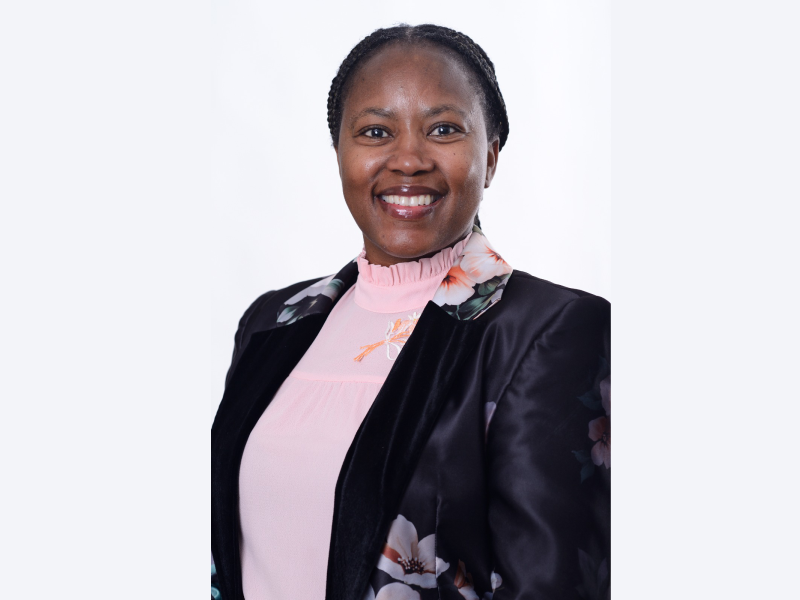
The Magalies Water delegation, led by Deputy Chairperson of the Board, Yvonne Matolong, formed part of the international delegates invited to participate in this year's edition of the Stockholm Water Week.
The week-long conference started on August 20 and ended on August 25. This high-level meeting of regional, continental, and international organisations such as the United Nations (UN), African Union (AU), and the African Development Bank Group (AfDBG).
The conference, which was founded in 1991 by the Stockholm International Water Institute (SIWI), which is a non-profit organisation with a vested interest in water security, sustainability or reliable supply of water and access to sanitation services, seeks to allow for role-players to share innovative ideas and best practices on how to solve some of the modern-day water security and supply challenges.
Magalies Water participated in several high-level discussions, which cut across many sectors, such as health, environmental law, climate change, geopolitics, international relations and the economy.
These high-level discussions reflected the key issues facing the sector continentally and globally, which include Governance Practices that mainly focus on the role of Directors (Board), Executives or Management in water utilities and catchment agencies and how their combined fiduciary responsibilities can remain fit for purpose, through legislative separation of powers and cooperation while achieving business targets and developmental regimes of clear trajectorial strategies for business growth.
Business Management focused on navigating the effects of Covid-19, national, regional and local economic. Income-generating businesses become resilient, sustainable and future-proof for growth.
Investment in technology in these subjects was dwelled on in-depth, translating how key water sector role-players, including research organisations, governments, and business sector partners and funders that depend on reliable water supply and sanitation services, can collaborate with water utilities and catchment agencies through the investment of funds, resources, and human capital in development. These new technologies are poised to minimise sectoral challenges, compromising water security and reliable supply.
Stakeholder engagement and communication delved into developing frequently revised models/frameworks for relationship building and management with government stakeholders across all levels (national, regional, and local) and private business partners to create economic spinoffs of the Water Bill through mutual beneficiation.
Infrastrucreate Management and Operations concentrated on balancing the expenditure, revenue collection and requirement for tariff management, and how water utilities and catchment agencies can preserve infrastructural performance and exploring new methodologies for capital infrastructure expenditure through loan/grant funding which does not affect the organisation's future financial standing adversely.
Speaking on the sidelines of the conference - Matolong said that given the level of discussions at this year's meeting - it was evident that water security is a global challenge and not a South African nor an African problem only.
"It was encouraging to see some of the solutions that different parts of the world are employing to address the issues of how we use, value and manage water. Although the process is slow, it was pleasing to see the collective efforts by Africa under the auspices of the African Ministers' Council on Water (AMCOW)," said Matolong.
She said critical lessons from the conference rested on cooperation and how this is necessary to solve some of the current challenges.
"The coming together of African countries under their respective ministries of water and sanitation can only accelerate the transformation needed to achieve Goal 6 of the United Nation's Sustainable Development Goals on Water and Sanitation, the Africa Water Vision
2025 and the African Agenda 2063.
"This requires us to rally behind the call to raise the water profile in our national system and accelerate actions towards achieving equitable water availability for all and safe sanitation," she added.


